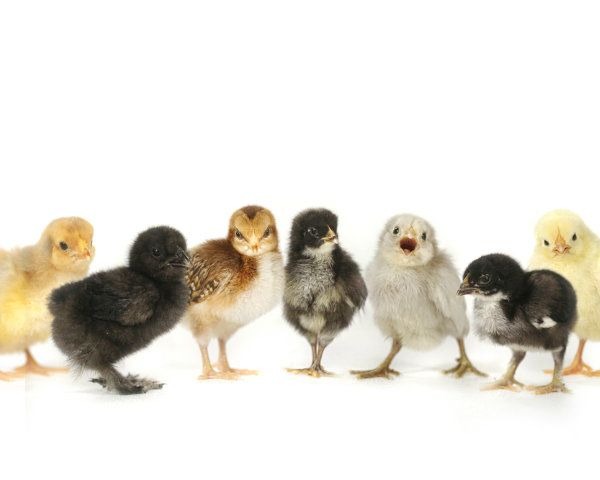Perdue Eliminates Use Of Antibiotics In Hatcheries
Major poultry producer Perdue Farms announced on Wednesday, September 3 that the company would no longer use antibiotics in its hatcheries, eliminating the practice of injecting antibiotics into eggs that are about to hatch.
Perdue called the move "the latest stage of a 12-year evolution in the company's approach to antibiotic use" that exceeds the FDA guidelines for antibiotic use in food animals, and the standards set forth by the USDA Organic certification program.
Perdue says that it will continue to use antibiotics to treat animal illness, but the company has now reached a point "where 95 percent of our chickens never receive any human antibiotics, and the remainder only receive them for a few days when prescribed by a veterinarian," announced Dr. Bruce Stewart-Brown, Senior Vice President of Food Safety, Quality and Live Operations for Perdue Foods.
Last year, the Center for Disease Control and Prevention estimated that, "each year in the United States, at least 2 million people become infected with bacteria that are resistant to antibiotics and at least 23,000 people die each year as a direct result of these infections. Many more people die from other conditions that were complicated by an antibiotic-resistant infection."
Perdue is the latest major food company to announce major changes to its animal welfare program in recent weeks, joining Nestlé, which announced the overhaul of several painful practices including confining animals in gestation crates and forcing the rapid growth of chickens used for meat products; and Unilever, which announced that it would fund technology to prevent the need for maceration of baby chicks.
For the latest food and drink updates, visit our Food News page.
Karen Lo is an associate editor at The Daily Meal. Follow her on Twitter @appleplexy.
